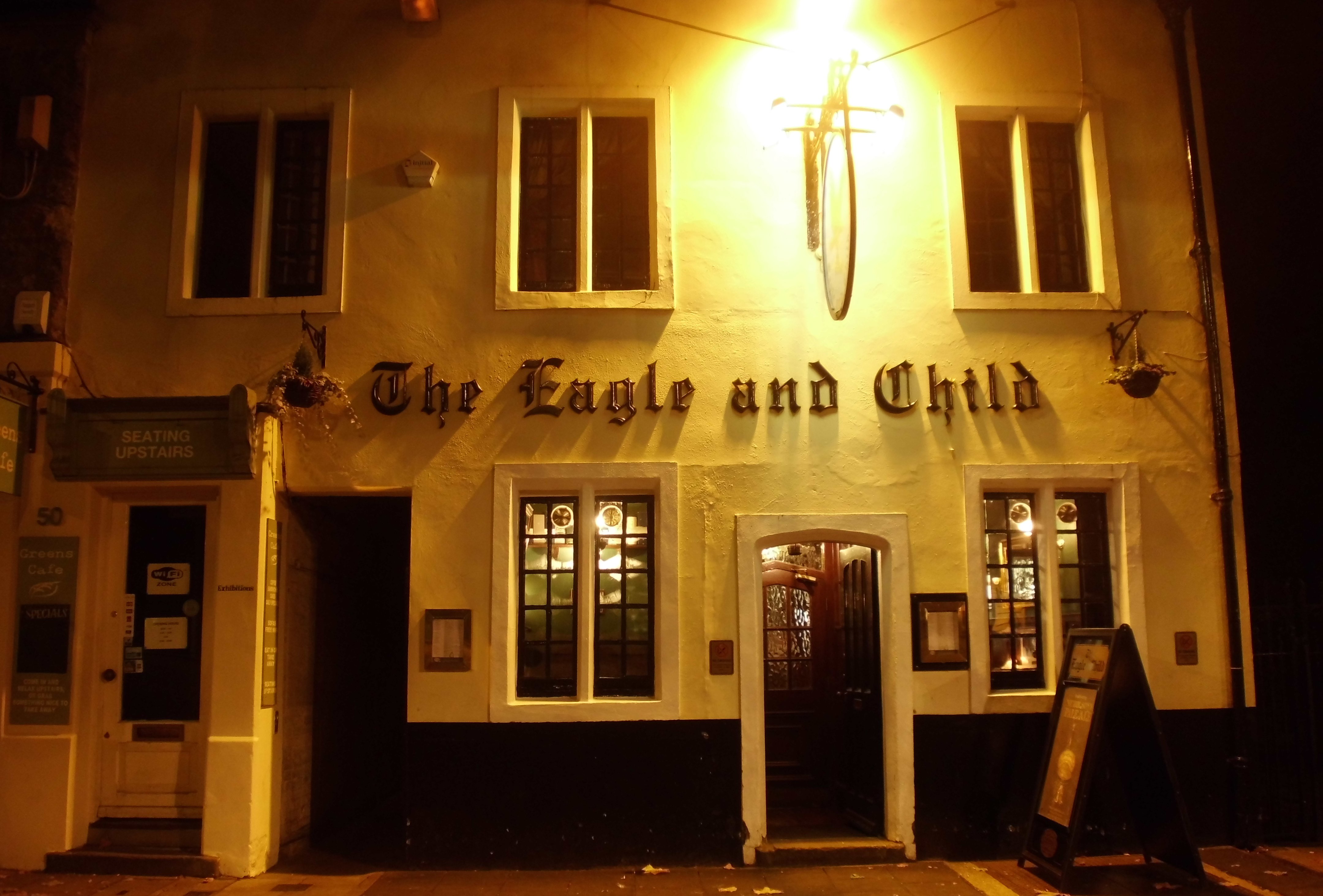75 reasons: Douglas A. Anderson

In my view, when a work exists in a form that has been popular enough to precipitate a film being made of it, I’ve usually tried to experience the original before the adaptation. This goes for graphic novels (V for Vendetta), as well as novels (Philip K. Dick’s Do Android’s Dream of Electric Sheep*, filmed as Blade Runner; or Lord Dunsany’s My Talks with Dean Spanley, filmed as Dean Spanley), and plays (when attending a performance is possible). There are of course arguable boundaries and grey areas, especially with modern novels that are basically padded screenplays (e.g., Jurassic Park, and most other books by Michael Crichton) that are best viewed as films rather than as books to be read. And another category is that of original screenplay, which can produce astonishing works in their own right (e.g., Peter Greenaway’s The Cook, The Thief, His Wife, and Her Lover; and Philip Ridley’s Heartless).
Thus, based on my own views and experiences, I’d recommend people read The Hobbit before seeing any film adapted from it. And I’d also point out that there are dimensions in Tolkien’s book and attractions of its literary style that are untranslatable to the visual medium, however well-intentioned the screenwriter and director may be. Of course that’s only my view. Some people may agree; others may disagree. People will make their own choices, and it’s always nice when things work the other way round, and the experience of seeing a film brings new readers to the book. I expect this will happen with the films of The Hobbit, as it did with the films of The Lord of the Rings.
Douglas A. Anderson
* Correction: In the original version of the article Philip K. Dick’s book The Man in the High Castle was wrongly given as the origin for the film Blade Runner.
Author biography
Douglas A. Anderson’s first book was The Annotated Hobbit (1988; revised and enlarged 2002). He was a founding co-editor of Tolkien Studies, and has edited Tales before Tolkien (2003), Tales Before Narnia (2008), and Medieval Tales Before Tolkien (2012). He blogs at tolkienandfantasy.blogspot.com and manages the imprint Nodens Books.


I agree in all particulars, though i’d recommend reading the right novel before seeing the wrong movie (Philip K. Dick‘s Do Androids Dream of Electric Sheep, filmed as Blade Runner) 😉 The difficulty i see there is that many just don’t know of an original work! This may not apply to The Hobbit, but the number of people who never touch a book except for a manual is still too huge. They’d think the director came up with it himself and have done with it.
I think it may be a direct result of “information overload” that people do have troubles in finding the most relevant information. Try entering the search term “Hobbit” with some major search engines (no, I am not naming them ;)) and see how many of the top 100 entries have to do with J.R.R. Tolkien and/or the book.
It’s up those of us appreciative of JRRT’s works to remind people there is some great stuff to be read out there.
And I agree with Doug on his hope that the films will get more people to read again – that would be quite wonderful.
Sergej’s correct. I should have written Do Android’s Dream of Electric Sheep instead of The Man in the High Castle as the source novel for Blade Runner. The synapses were clearly not firing properly that day!
Hi Doug,
would you like me to change it? I would, of course, note this at the end of the article as a correction.
Please do! Thanks!
Done. Thank you, Sergej, for noting the mistake.